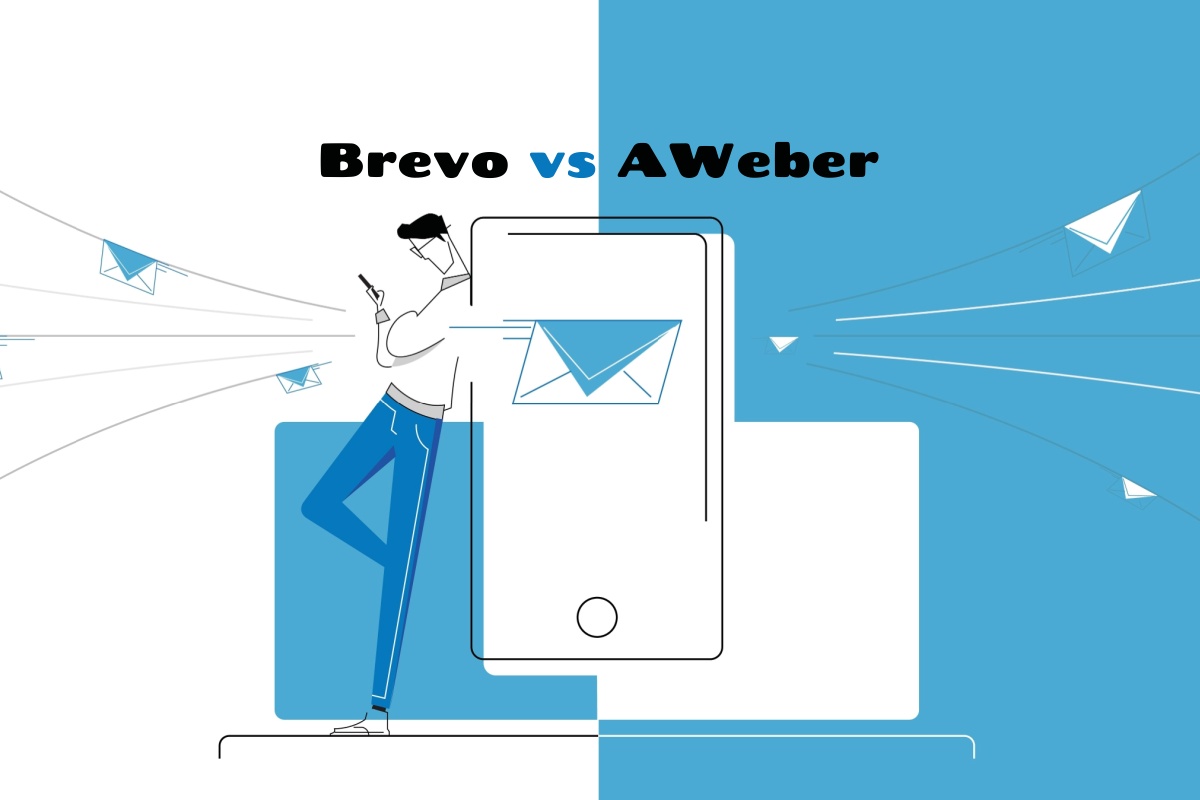“The key is to find an investor that is on the same page as you, who will work with you, and who will not take away from the direction you have in mind for your business.”
There is one persistent question on the mind of any small business owner: Where is the money coming from? Whether your new business requires that initial chunk of capital to get things started, or you are simply looking for a little extra money to maintain smooth operations, it is good to have reliable resources for funding when the need arises. You have a variety of options to consider when looking for working capital or startup funding.
Being a small business like any other, Talkroute is sympathetic to the concerns of companies who are driven to be successful. This blog exists to provide sound advice and to promote the highest standard of business for startups, which is why this article will start with some important things to remember before you choose an investor or funding source.
Finding the Right Investor
One of the most perilous conditions of the lender-borrower relationship is the nature of the agreement you will make with an investor. This person or organization will have a good deal of say in the direction of your company, which could cause you to compromise your own desires for your business. If you have the ability to fund your business by yourself, then you should make every effort to do so. Though bringing in an investor can fast-track your progress and impart to you the benefit of their experience, you do not want to give up any control of your company, if you can help it.
If you find that you cannot, or prefer not to generate your own capital, however, then the thing to do is to screen potential investors as carefully as they are screening you. You will be in business with this individual or group of individuals for some time, most likely, and you will be bonded with them for the duration of your agreement. In his article for Entrepreneur, “Choose an Investor Like You Would a Spouse”, Tim Berry warns new business owners about the dangers of signing up with the wrong investor. Berry advises that you gather as much information as you can about what sort of companies they have invested in, speak to these companies, and be “clear and transparent” about your goals. The key is to find an investor that is on the same page as you, who will work with you, and who will not take away from the direction you have in mind for your business.
Get Funding for Working Capital
Alternative lenders can give you the necessary working capital to keep things moving until your business levels out enough to sustain itself. Kabbage, for example is a small business lender offering working capital approved not based on credit, but on the amount of money passing through your PayPal, Ebay, Quickbooks, and other active accounts that you own. This is their way of guaranteeing repayment. PayPal Working Capital is a similar lending program for small businesses that uses “sales history”, rather than credit history (no credit check), to determine your loan amount. There is a hitch to this route because as you can probably tell, these lenders decide in your favor only when you can demonstrate an established cash flow in your accounts. It is a great resource, but this option will likely only become available when your business is already bringing in steady money.
Angel Investors vs. Venture Capital
Angel investors are aptly named because they reside in the upper atmosphere of the business world, poised to reach down and lend substantial capital to new businesses as they see fit. They are usually very rich, very established, and very discriminating when it comes to selecting their prospects. George Deeb suggests in his article for Forbes, “How to Find Angel Investors For Your Startup”, that your best plan of action in seeking them out is to establish credibility with someone who is close to this investor, and arrange an introduction. To ensure that you are working with a quality and reputable investor, the Angel Capital Association recommends that “entrepreneurs work with investors who are accredited” by the Securities and Exchange Commission.
On the other side of that coin, venture capitalists are the ones who will take a chance on your business. They can do this because they know, going in, that many startups will fail, which they have already taken into account. The thing to understand about these investors is that they will usually only take a risk on startups who operate in areas of business that they are familiar with. Furthermore, three-quarters of startups backed by venture capitalists, fail. If this does happen and your business goes bankrupt, most of the time, you do not owe the venture capitalist anything. They do, however, expect to recoup their losses in their successful investments. That’s something to keep in mind when you are looking into a VC’s portfolio. If a VC has many failed investments, they are most likely going to ask for more equity when compared to another firm that has had a good track record of success. As for their selection criteria, the process is very involved, due to the fact that these investors are accountable for someone else’s or a group’s money. What they are basically looking for, though, is fairly universal among lenders. According to Investopedia, they want “a strong management team, a large potential market and a unique product or service with a strong competitive advantage.” They already have enough money to cover a potential loss, and they stand to gain a substantial return on their investment, if a company ends up doing well. It may be the best avenue to secure capital for your business, but remember that they make it their business not to lose money.
SBA Loans vs. Traditional Loans
When you are looking for a business loan, this is what you got. The first type is sometimes misunderstood, due to its backing by the U.S. government. An SBA loan is not a government loan, but it is actually financed by a bank. The SBA guarantees a percentage to the bank, giving an incentive to lend to small businesses, and this is the whole point. The Small Business Administration is there to help small businesses succeed because more business ultimately improves the greater economy. Applying for an SBA loan is not unlike applying for any other type of loan, in that the borrower is still required to prove the ability to repay. Small business lenders are all basically looking at the same thing (and SBA loans are no exception), which is typically: The strength of your credit, collateral, and a strong and executable business plan.
Traditional Term Loans are not much different from SBAs, except that they demand a stricter credit rating and higher interest rates. Banks will be more lenient in approving an SBA with the partial guarantee from the government, even if you have a less-than-perfect credit rating. A term loan is the channel that businesses usually go through to get funding, possibly because a bank is not the only place that offers this kind of loan. Third party organizations also offer term loans. The decisive factors will probably come down to the amount of interest you are willing to pay, and how good your credit is.
You’ll have many options when you are looking for ways to fund your small business, and to avoid becoming overwhelmed or disappointed–do yourself a favor and explore each avenue carefully. Whether it be an angel investor, venture capitalist, or a bank loan, you will discover pros and cons to each. Something that works well for one business will be a mistake for another. It behooves you to educate yourself beforehand and to do your homework.

Stephanie
Stephanie is the Marketing Director at Talkroute and has been featured in Forbes, Inc, and Entrepreneur as a leading authority on business and telecommunications.
Stephanie is also the chief editor and contributing author for the Talkroute blog helping more than 200k entrepreneurs to start, run, and grow their businesses.




